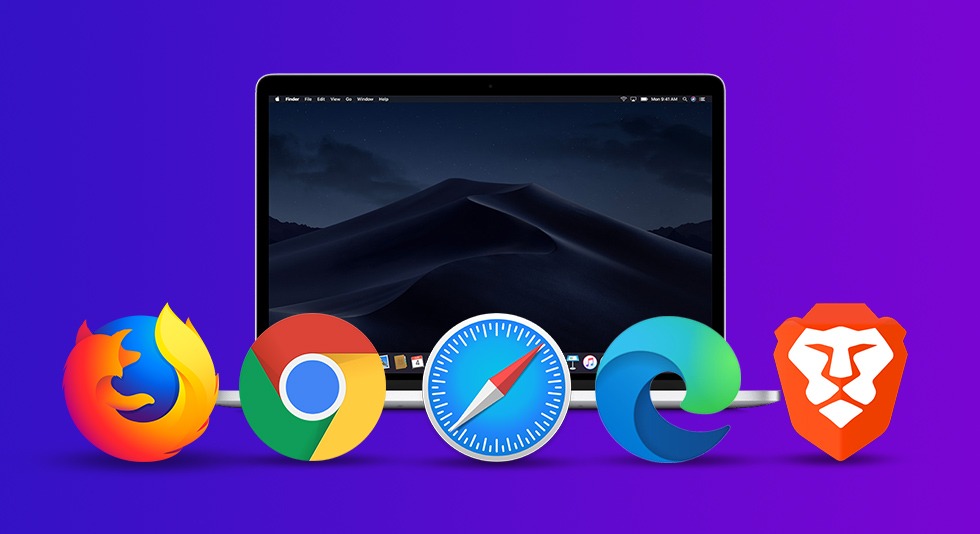

- Review of opera for mac for android#
- Review of opera for mac software#
- Review of opera for mac password#
- Review of opera for mac free#
Review of opera for mac for android#
And a slightly different version is available for Android and iOS phones, while there’s even a “basic” version for older, less advanced smartphones. Opera is available for Windows, Mac, Linux, and in a “portable” version designed to be stored on a USB stick. It’s good to see this level of transparency, but it’s not encouraging to see names like Facebook, “Yandex Mobile Ads,” and Google Analytics. Opera includes a long list of third parties who use the browser and its apps to collect data. However, there’s one big issue to think about. Opera includes a long list of third parties who use the browser and its apps to collect data Mobile versions may also use localization techniques to extract data if users provide permission. There are some data collection procedures, but these are anonymized as much as possible.
Review of opera for mac software#
For instance, it’s nice to read a policy that starts with the statement, “As a general rule, users of our software applications and services are anonymous to us, and we have no feasible ways to identify you.” The first mobile version was launched in March 2019 for Android, but it remains to be seen if it’ll be successful enough to make the iOS version as well.Īs for the Opera Privacy Policy, this is a pretty tight document as far as browser privacy goes.
Review of opera for mac free#

Review of opera for mac password#

What about security, though? If Opera fails here, we can write it off for good.

This might alarm some people, as China isn’t exactly known as a bastion of digital security.īut is this the case? We’ll find out when we check out the privacy features that Opera’s latest versions bring to the table. More importantly, from a privacy standpoint, the company behind the browser was purchased by a Chinese group in 2016. Into the 2010s, the browser changed dramatically, incorporating aspects of Google’s Chromium platform and generally starting to resemble the search engine’s offering more closely. All the while, the core browser remained free to use but has long been ad-supported as a result. In 1996, the first Opera browser for Windows appeared, and versions multiplied around the turn of the millennium (even extending to Nintendo DS editions). Actually, it’s one of the oldest browsers of all, having been born way back in 1994 in Norway. First off, not everyone will be acquainted with what Opera is and where it stands in relation to more popular alternatives like Chrome.


 0 kommentar(er)
0 kommentar(er)
